I met Liz on the floor of Ford's Chicago Assembly Plant. It was my first day, a precursor to a typical 30-year tenure. The culture here wasn't about the time you'd put in, but the time left until retirement — and 30 years was the magic number to get a full Ford/UAW pension.
My initial job was to install a few trim pieces on the 1998 Ford Taurus — freshly painted but seatless. Liz was to train me, so she grabbed a scuff plate, a B-pillar, and a socket drill attached to an air hose from what would be my new workstation. She walked over to the car, locking eyes with me, imploring me to pay close attention and follow her as she demonstrated the installation of a seat belt and snapping on other trim parts. It was clear she had done this job before, as it took minimal effort, but as I tried to replicate her actions, I fumbled.
Liz saw my focus fading and asked, "You good?"
I mumbled to myself, "No, not really."
I had just turned 20 years old and was scattered. Not due to phones or social media (this was the same year Google launched, so tech was just getting started), but because my personal life was in turmoil. I was about to become a father and had recently undergone heart surgery for WPW syndrome. This job was more of a necessity than a choice.
After the brisk training, Liz said she was leaving me alone as she had to tend to other tasks. While walking away, she turned to say, as if she almost forgot to ensure I knew, "The production line can't stop."
"Pull this cord for help," she instructed, "not the red 'Stop the Line' cord."
What became very clear is that the assembly line only stops for lunch breaks and between shifts. Other than that, cars roll to stations every 52 seconds at a velocity of 72 vehicles per hour. Halting the line for one to two minutes could cost the company more than I'd make in a year.
Twenty minutes in, as the cars moved ahead, I was getting behind and needed help. My air hose could no longer reach the B-pillar to fasten the seatbelt.
In a panicked moment, I mistakenly pulled the wrong cord and halted the whole production line. Yep, I stopped the line, doing exactly what Liz had told me not to do. Workers came out from multiple angles, responding swiftly, turned the line back on, and helped me catch up with urgency as if their jobs depended on it.
This state of being 'in the hole' is a stress I remember vividly to this day.
As the end of the shift neared, the sense of relief was palpable. Despite surviving the day, the thought of lasting 30 years as a line worker was distressing.
But the next day came, and things were a little better. And with each passing week, I became more proficient and even had some time to spare between cars — about 15 seconds, to be exact.
I started to sense an opportunity.
Despite my chaotic life, I knew one thing: I didn't want to spend the next 29+ years on the assembly line. I had two choices: quit or tough it out and better myself through education, so I could have a chance to move up at the plant in a supervisory role.
I enrolled in college, a path less traveled by my peers, despite Ford having a partial reimbursement program — perhaps only 1% took advantage of this benefit, maybe deterred by the perceived lack of time.
But those spare 15 seconds I mentioned sparked an idea.
Doing quick math, I calculated a plan:
- 15 seconds per minute equates to 12-15 minutes per hour.
- 12 minutes on the low end @ 10 hours per day equates to 2 hours of free time per shift.
Could I use that time to study?
Out of all the dumb shit I had done up until that point, this little revelation ended up changing my life.
Over the next five years, in 15-second intervals, I absorbed textbook after textbook, acing almost every course, which was very unusual for me as I had been a B- student at best. I ended up graduating Magna Cum Laude from Saint Xavier University and even got accepted to and started my Masters at the Illinois Institute of Technology.
After graduation, I unlocked an opportunity to join the Sales and Marketing Team at Ford, a dream job I didn't even know existed, which opened up an entirely new set of possibilities. That experience gave me a solid foundation on which I built, not even a decade later, two of the fastest-growing companies in the U.S., and now Go Brewing, one of the nation's first non-alcoholic breweries.
Taking advantage of those little moments marked a profound transformation in my trajectory and has since permeated every facet of my life. I've learned to harness these brief periods of time — and found that within them lies the potential for impactful and incremental change.
So, can 15 seconds change your life?
Hell to the yeah. You just have to make the time.
P.S.: Check your seatbelts if you own a 1998 Ford Taurus 🙄



